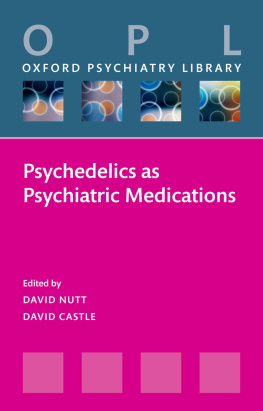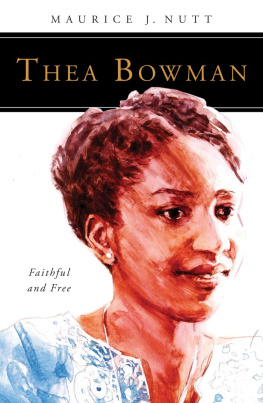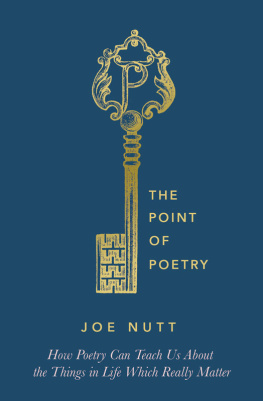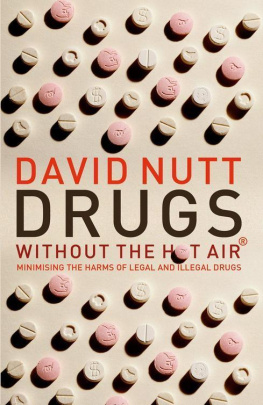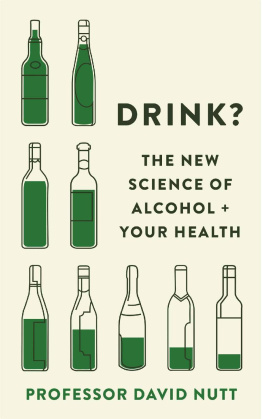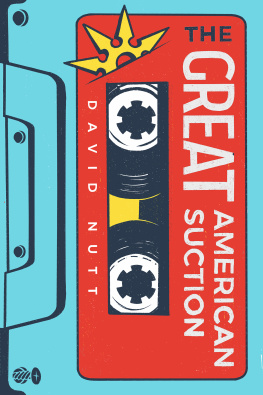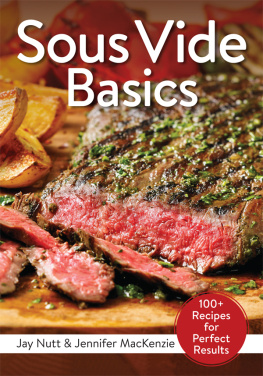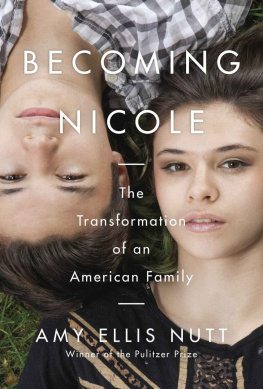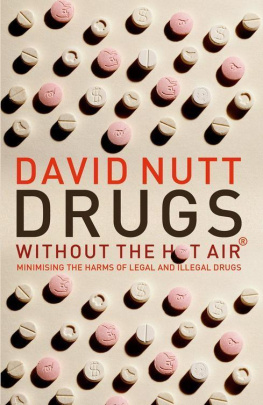Professor David Nutt - Drink?
Here you can read online Professor David Nutt - Drink? full text of the book (entire story) in english for free. Download pdf and epub, get meaning, cover and reviews about this ebook. year: 2020, publisher: Hachette Books, genre: Religion. Description of the work, (preface) as well as reviews are available. Best literature library LitArk.com created for fans of good reading and offers a wide selection of genres:
Romance novel
Science fiction
Adventure
Detective
Science
History
Home and family
Prose
Art
Politics
Computer
Non-fiction
Religion
Business
Children
Humor
Choose a favorite category and find really read worthwhile books. Enjoy immersion in the world of imagination, feel the emotions of the characters or learn something new for yourself, make an fascinating discovery.

- Book:Drink?
- Author:
- Publisher:Hachette Books
- Genre:
- Year:2020
- Rating:4 / 5
- Favourites:Add to favourites
- Your mark:
- 80
- 1
- 2
- 3
- 4
- 5
Drink?: summary, description and annotation
We offer to read an annotation, description, summary or preface (depends on what the author of the book "Drink?" wrote himself). If you haven't found the necessary information about the book — write in the comments, we will try to find it.
Drink? — read online for free the complete book (whole text) full work
Below is the text of the book, divided by pages. System saving the place of the last page read, allows you to conveniently read the book "Drink?" online for free, without having to search again every time where you left off. Put a bookmark, and you can go to the page where you finished reading at any time.
Font size:
Interval:
Bookmark:
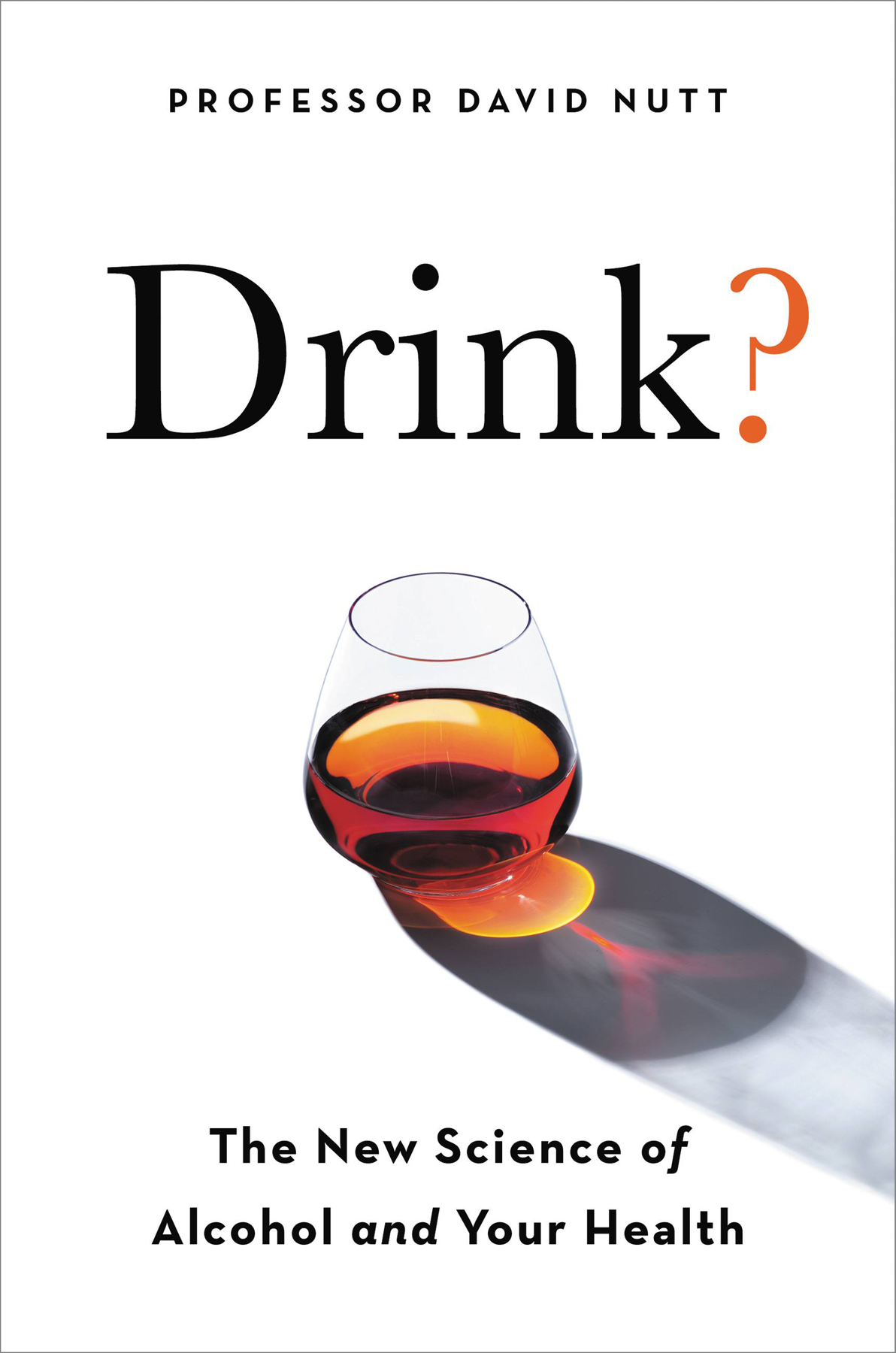
Copyright 2020 by David Nutt
Cover design by LeeAnn Falciani
Cover photograph ViewStock/Shutterstock
Cover copyright 2020 by Hachette Book Group, Inc.
Coauthor: Brigid Moss
Figures 2019 Cali Mackrill at Malik & Mack
Hachette Book Group supports the right to free expression and the value of copyright. The purpose of copyright is to encourage writers and artists to produce the creative works that enrich our culture.
The scanning, uploading, and distribution of this book without permission is a theft of the authors intellectual property. If you would like permission to use material from the book (other than for review purposes), please contact permissions@hbgusa.com. Thank you for your support of the authors rights.
Hachette Go, an imprint of Hachette Books
Hachette Book Group
1290 Avenue of the Americas
New York, NY 10104
HachetteGo.com
Facebook.com/HachetteGo
Instagram.com/HachetteGo
First Edition: December 2020
Hachette Books is a division of Hachette Book Group, Inc.
The Hachette Go and Hachette Books name and logos are trademarks of Hachette Book Group, Inc.
The publisher is not responsible for websites (or their content) that are not owned by the publisher.
Library of Congress Cataloging-in-Publication Data
Names: Nutt, David J., 1951 author.
Title: Drink?: the new science of alcohol + your health / Professor David Nutt.
Description: First edition. | New York : Hachette Go Books, 2020. | Includes bibliographical references and index.
Identifiers: LCCN 2020029544 | ISBN 9780306923845 (paperback) | ISBN 9780306923838 (ebook)
Subjects: LCSH: AlcoholPhysiological effect. | Controlled drinking. | AlcoholSocial aspects.
Classification: LCC HV5060 .N88 2020 | DDC 615.7/828dc23
LC record available at https://lccn.loc.gov/2020029544
ISBNs: 978-0-306-92384-5 (paperback), 978-0-306-92383-8 (ebook)
First published in Great Britain in 2020 by Yellow Kite, an imprint of Hodder & Stoughton, a Hachette UK company
E3-20201120-JV-NF-ORI
THE IMPACT OF alcohol on health is profound. Up to half of all people in beds in orthopedic wards are there because of an alcohol-related injury and on weekends the emergency departments of our hospitals are filled with people who are drunk. Alcohol and medicine are inextricably entwined in the same way as money and banking.
In the UK, most people know me as the UK government chief drugs advisor who was fired in 2009 for saying government drugs policy wasnt evidence based. But Im also a doctor, and all my professional life I, like all doctors, have been confronted with the challenge of alcohol in our patients and in our colleagues.
The real reason for my firing, I believe, was that I had the temerity to say on prime-time radio that alcohol was the most harmful drug in the UK. At that time alcohol wasnt even allowed to be considered a drug by the UK Advisory Council on the Misuse of Drugsthe ACMDdespite every scientist in the country knowing that it most certainly was a drug.
The evidence on which I based my statement was the most sophisticated and detailed analysis of drug harms ever conducted. Since then, similar studies have been carried out in Europe and Australia, each coming to the same conclusion: that alcohol is the most harmful drug in their societies too.
Yet most of us continue to drink, and most dont get into serious difficulties with alcohol. This tells us that there are different biological and social factors that impact our relationship with alcohol. I believe that understanding these can help each of us, and our governments, make more rational and health-promoting decisions about how we all deal with alcohol. This book attempts to do this in a language every drinker can easily understand.
At a personal level, alcohol has been something I have been studying during my 40 years of medical research. For two years, in the late 1980s, I ran the inpatient research ward at the National Institute on Alcohol Abuse and Alcoholism (NIAAA) in the National Institutes of Health (NIH). Since then, back in the UK, I have continued to study the brain basis of alcohol enjoyment and problems, along with treating patients with alcohol problems.
Yet also, with one of my daughters, I own a wine bar in West London. My life encapsulates the good and bad of alcohol and pulls together my knowledge, experiences, and ideas in a way that I hope will explain why such a simple molecule as alcohol can give so much pleasure and pain at the same time.
Professor David Nutt is Professor of Neuropsychopharmacology at Imperial College London, Chair of DrugScience (drugscience.org.uk) and a former chair of the Advisory Council on the Misuse of Drugs.
IT WAS MY first day at Cambridge, and somehow all of us first-year medical students in the same college found one another. Nine of us went to the pub around the corner.
We settled in for the evening. It was a typical 1960s city pub: small sticky tables, even stickier carpet, with a smoky atmosphere that had given a yellow veneer to the walls and ceiling. I wasnt a big drinker, but I had, I think, three pints of the local beer. Most of the others drank maybe four or five, which seemed a heck of a lot to me. At 10:30 p.m., the pub closed. Someone said they had a few bottles of wine back in their room, so we went back to the common room and hung around drinking them.
The mood was pretty loud and raucous, a bunch of green 18-year-olds having a laugh. But then, one of the guys started to cry. Not quietly but very loudly, wailing and weeping. It was an enormous outpouring of negative emotion so intense that I thought he was going to kill himself. I asked a friend whod been at school with him, should we call an ambulance? But he said, No, dont worry, he always does this. He wont even remember it in the morning.
He didnt remember it. But I couldnt help wondering: How could alcohol turn someone whos a high-achieving school success, on the surface confident and likeable, into a gibbering mess? I began to think, what does this tell us about alcohol? Looking back, that was the beginning of my fascination with drugs, including alcohol, and how they affect the brain, the person, and society at large.
As a doctor, Ive seen firsthand all the types of havoc that alcohol causes, from liver disease and cancer to drunk-driving accidents and violence. What is clear is that you dont have to be a homeless alcoholic on the street to be harming your body and/or brain with booze. You can be a high achiever, like my university friend.
In fact, he wasnt the only one of that small group who had problems with alcohol. The school friend who reassured me he would be OK was also a heavy drinker. Very sadly, he had problems with alcohol his whole life and died of liver failure in his forties, his promising career and indeed life ruined by alcohol. True, theirs are extreme stories. But theyre not particularly unusual ones.
Now, 50 years later, I want to share what Ive learned about alcohol. Im not here to preach, and I do not judge you, whether youre drinking too much or youre worried that you are; Ive written this book to help you make informed and smart drinking choices. Even while Ive been writing, its made me rethink, again, how and what I drink myself. Im not a big drinker and I know all the risks, but even so I can see how easy it is to slip into the habit of overindulging.
My position has always been: Alcohol is a drug and one that shouldnt be taken lightly. This may sound odd in our culture, where having a drink and indeed getting drunk is broadly acceptable. But its a position most doctors, scientists, and
Font size:
Interval:
Bookmark:
Similar books «Drink?»
Look at similar books to Drink?. We have selected literature similar in name and meaning in the hope of providing readers with more options to find new, interesting, not yet read works.
Discussion, reviews of the book Drink? and just readers' own opinions. Leave your comments, write what you think about the work, its meaning or the main characters. Specify what exactly you liked and what you didn't like, and why you think so.

